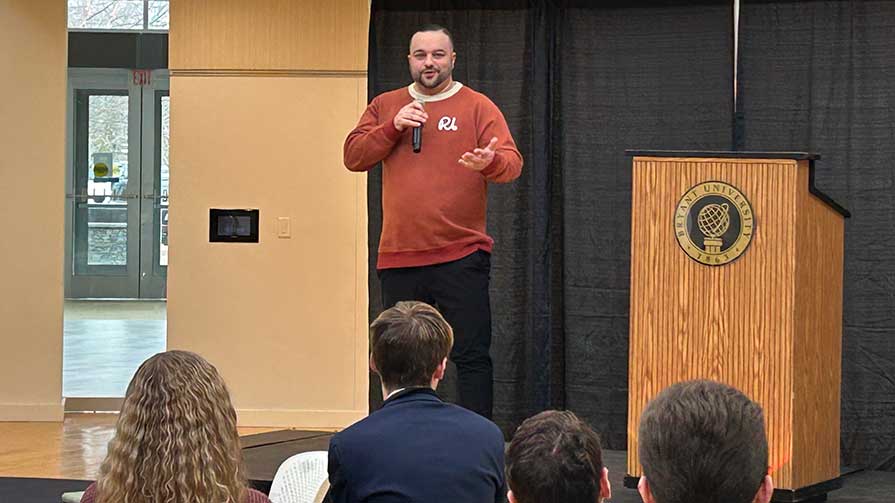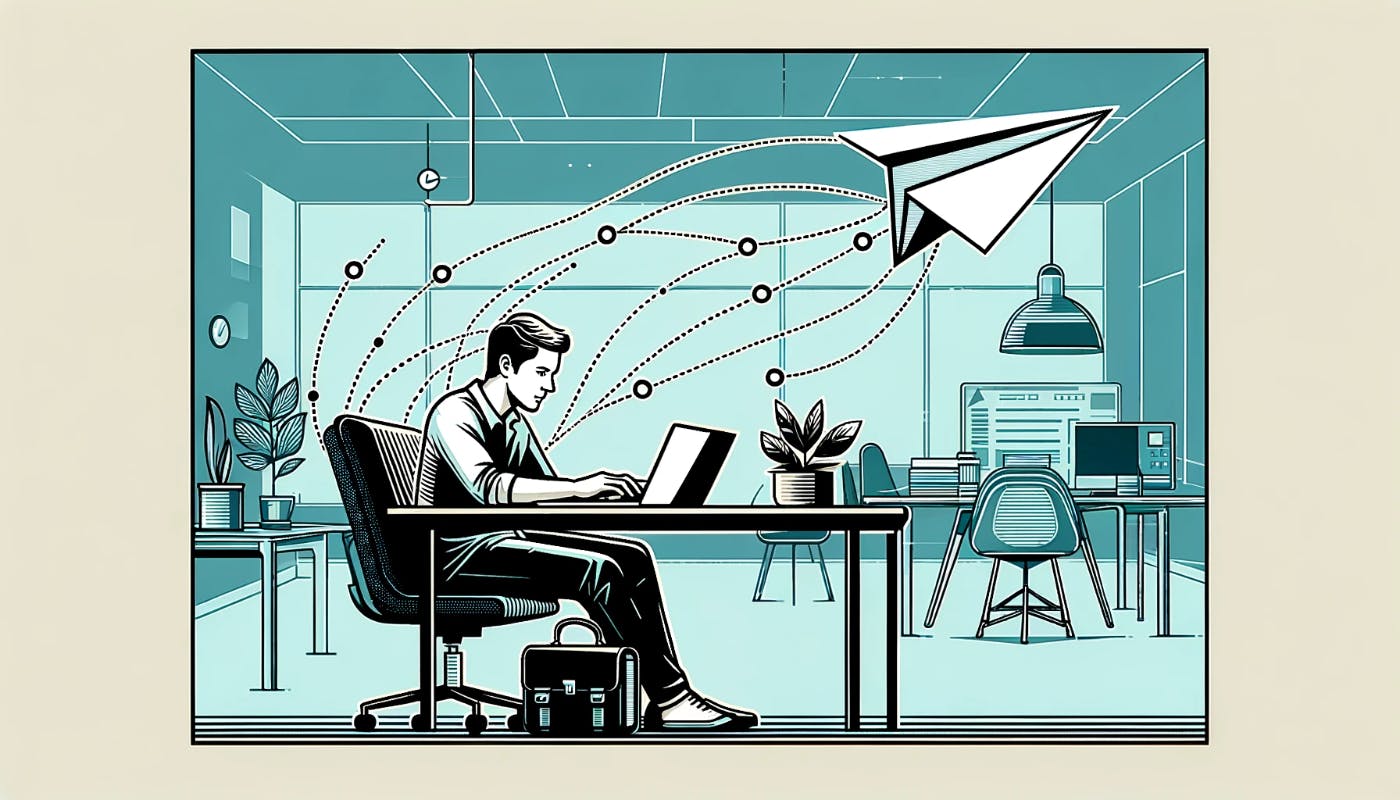In the bustling city of Los Angeles, public transportation plays a vital role in the daily lives of many residents. However, the efficiency and safety of the transit system are often compromised by the disruptive actions of gig economy drivers. These drivers, whether operating ride-share or food delivery services, frequently park in bus stops, causing inconvenience and hazards for both bus riders and drivers.
Bus stops are strategically placed to ensure the safety and convenience of passengers. Buses are large vehicles that require ample space to park close to the curb for easy boarding and disembarking. When gig economy drivers block bus stops, they force buses to park further away, creating challenges for passengers, especially those with mobility issues. This not only inconveniences riders but also poses a risk of injury as passengers have to navigate high steps to enter or exit the bus.
The disruptive behavior of gig economy drivers not only impacts bus riders but also adds stress to bus drivers who must navigate traffic to find alternative parking spots. This disruption to the established process of bus stop placement can lead to delays in bus schedules and overall inefficiency in the transit system.
Moreover, the gig economy’s disregard for established norms and regulations reflects a lack of respect and consideration for public safety. The arrogance of these drivers, who prioritize their convenience over the well-being of bus passengers, is a concerning trend that needs to be addressed.
In addition to the immediate inconveniences caused by gig economy drivers, there are broader implications for the environment and public health. Studies have shown that ride-hailing services like Uber contribute to increased car travel, emissions, and traffic congestion. With the looming threat of climate change, the unchecked growth of the gig economy’s vehicle-based services poses a significant risk to the environment and public health.
As Southern California grapples with the devastating effects of climate change, it is imperative to address the harmful practices of the gig economy that exacerbate these issues. The need for sustainable and efficient public transportation has never been more critical, and the disruptive actions of gig economy drivers only hinder progress towards a greener future.
To combat the negative impact of the gig economy on public transportation, proactive measures must be taken. Government agencies should prioritize the voices of transit riders and implement stricter regulations for gig economy drivers. Licensing requirements, reporting mechanisms for infractions, and increased enforcement of parking violations are essential steps to hold disruptive drivers accountable.
Ultimately, it is time to challenge the disruptive nature of the gig economy and prioritize the safety and efficiency of public transportation systems. By advocating for responsible practices and holding drivers accountable for their actions, we can work towards a more sustainable and equitable transit experience for all passengers. It is crucial for governments and regulatory bodies to take a stand against the harmful disruptions caused by the gig economy and prioritize the well-being of public transportation users.




















